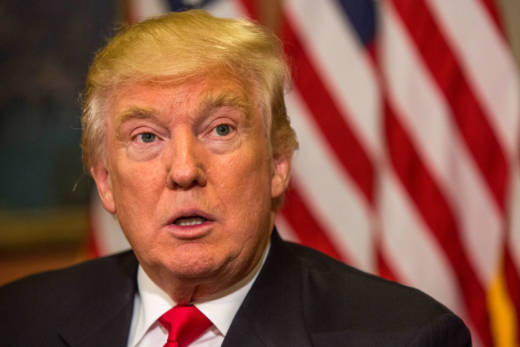Right now, the federal government shares the cost of Medicaid with the states, no matter how many people are enrolled. But Trump wants to cap that funding, and just give states one fixed grant.
“A block grant would give California greater flexibility in running the Medi-Cal program, but it would also give the state less money,” Levitt says.
In California, 62 percent of new Medi-Cal enrollees are Latino, African-American or Asian-American.
“The effect is magnified in California in part because the state has been so successful in getting people signed up for coverage,” Levitt says.
Some states could pay doctors and hospitals less to save money. But in California, payment rates are already the second lowest in the country.
“California can't really pay much less than it does to providers,” says Gerald Kominski, UCLA health policy professor. “These are going to be very, very difficult choices.”
Under one Republican plan, the amount of block grants would be based on Medi-Cal enrollment levels before the Affordable Care Act was implemented. Kominski says, in that scenario, the only choice California really would have is to reduce services or reduce the number of people who get Medi-Cal.
“That would have a devastating consequence on the Medicaid expansion population in California, and would basically put everyone who's been newly enrolled in the program back off the program,” he says.
It’s unclear how soon a Trump administration would change Medicaid funding, so health advocates are encouraging people to continue signing up for Medicaid and other coverage during the current Obamacare open enrollment season.
“California is not an island,” says Anthony Wright, executive director of Health Access, adding that the state “must engage fully in the coming national debate on the future of health reform -- especially as an example of what has been achieved, and what we can't give up.”
